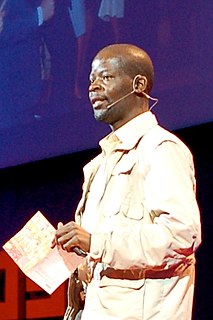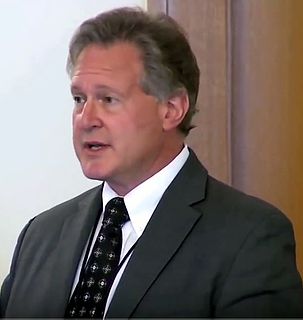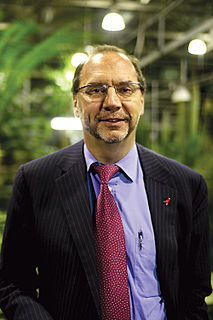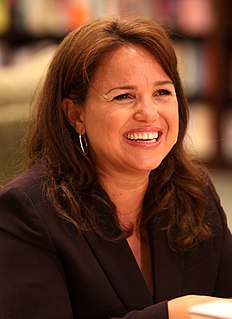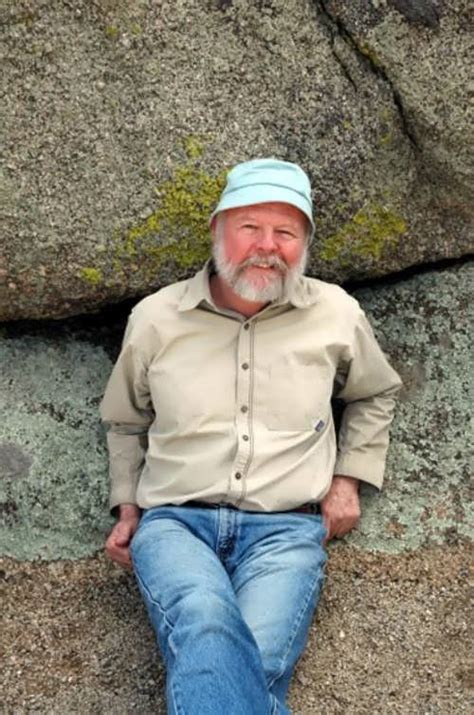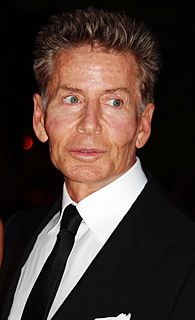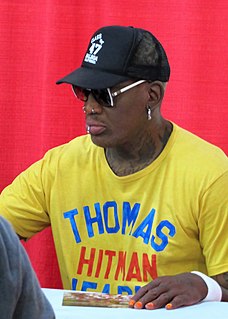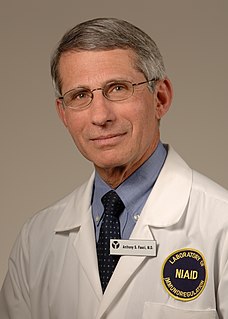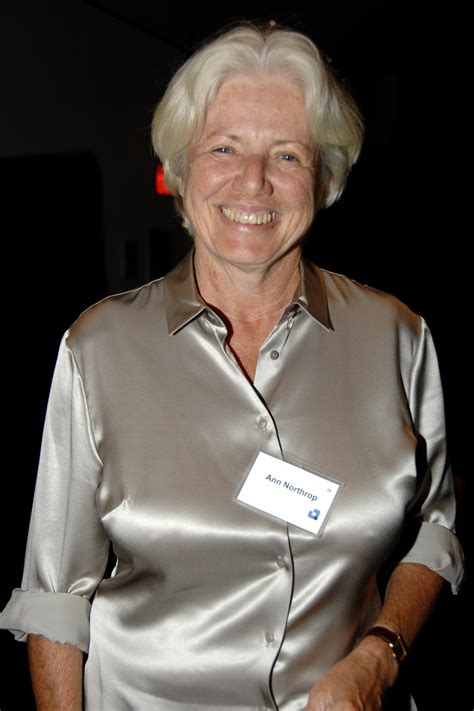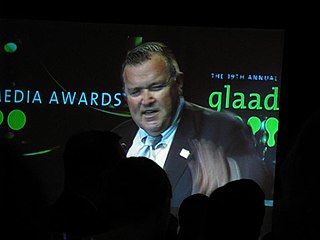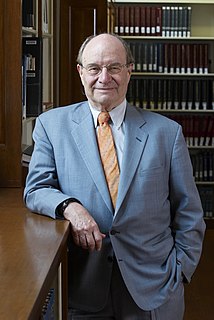Top 1178 Aids Epidemic Quotes & Sayings
Explore popular Aids Epidemic quotes.
Last updated on November 8, 2024.
The global HIV/AIDS epidemic is an unprecedented crisis that requires an unprecedented response. In particular it requires solidarity - between the healthy and the sick, between rich and poor, and above all, between richer and poorer nations. We have 30 million orphans already. How many more do we have to get, to wake up?
We're all going to go crazy, living this epidemic [AIDS] every minute, while the rest of the world goes on out there, all around us, as if nothing is happening, going on with their own lives and not knowing what it's like, what we're going through. We're living through war, but where they're living it's peacetime, and we're all in the same country.
Do we now fight for the kind of passionate belief that I have about sexuality, about the importance of the erotic, of people actually getting to fulfill desire and not be punished because they have it? No, we're nowhere near close to that. We're dealing with an AIDS epidemic that continues out of control globally and in this country, NO, THIS IS NOT the movement that I am fighting to create. Has it succeeded in places that are very significant? Yes it has - and it would be foolish to say that those things don't matter.
Drug warriors' staunch opposition to needle exchanges to prevent the spread of HIV in addicts delayed the programs' widespread introduction in most states for years. A federal ban on funding for these programs wasn't lifted until 2009. Contrast this with what happened in the U.K. At the peak of the AIDS epidemic in the mid-1990s, the HIV infection rate in IV drug users in the U.K. was about 1%. In New York City, the American epicenter, that figure was 50%. The British had introduced widespread needle exchange in 1986. That country had no heterosexual AIDS epidemic.
Both the Moral Majority, who are recycling medieval language to explain AIDS, and those ultra-leftists who attribute AIDS to some sort of conspiracy, have a clearly political analysis of the epidemic. But even if one attributes its cause to a microorganism rather than the wrath of God, or the workings of the CIA, it is clear that the way in which AIDS has been perceived, conceptualized, imagined, researched and financed makes this the most political of diseases.
We must work to repeal trade agreements that impede access to affordable generic drugs. We must work to cause the IMF and the World Bank to reduce and eventually eliminate the debt that takes poor nations' resources away from crises like AIDS. We must focus America's leadership on addressing and ending this epidemic.
With regard to the alternatives, we already have them. The cellular and genetic lines of research in humans are the most promising. AIDS is caused by a virus, so it makes sense to study the virus, not chimpanzees. We have learned virtually nothing about AIDS from the chimpanzee. Every major advance in AIDS research ... has come from human studies.
When the AIDS epidemic first started there were people who said, "Well, if there weren't gays, then we wouldn't have this problem. It's got to be because of them - let it be them instead of us." But when you educate yourself about it, you can't help but realize that we're all affected by it. I think that things like that just become too daunting for people.
George W. Bush was passionate about AIDS. And we had a 10-minute talk at the interval of a concert at the Kennedy Center about AIDS. And I was astonished about how well-informed he was and his commitment to AIDS. And so it's the typical thing of don't judge a book by its cover until you have read the book.
The AIDS disease is caused by a virus, but the AIDS epidemic is not. The AIDS epidemic is fueled by stigma, by hate, by misinformation, by ignorance, by indifference. Science has accomplished miracles over the past 20 years, and science can now end this disease - but it cannot end the epidemic. We need more than medicine. We can do something about these things. We need to speak out about the changes we need to make in our society.
We're the end of the baby boomers, and we participated in many social changes. Who would of thought, for example, when the AIDS epidemic came along that so many would die, because it was gay people dying. And what emerged was a grassroots movement that developed, and succeeded in getting things done. The pinpointing of that movement evolved into the changes that we have today.
